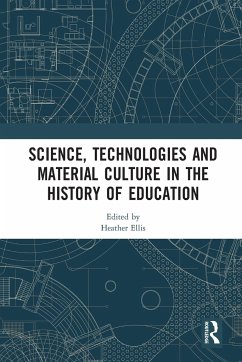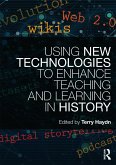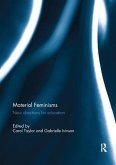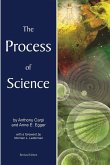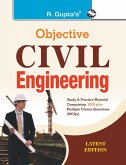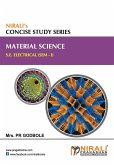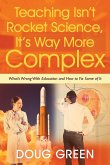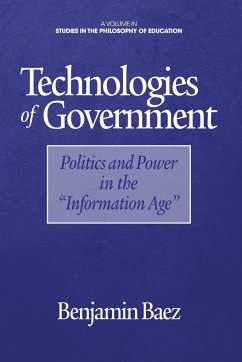Developed out of a 2015 conference of the History of Education Society, UK, this book explores the interconnections between the histories of science, technologies and material culture, and the history of education. The contributions express a shared concern over the extent to which the history of science and technology and the history of education are too frequently written about separately from each other despite being intimately connected. This state of affairs, they suggest, is linked to broader divisions in the history of knowledge, which has, for many years, been carved up into sections reflective of the academic subject divisions that structure modern universities and higher education in the West. Most noticeably this has occurred with the history of science, but more recently the history of humanities has been divided as well. The contributions to this volume demonstrate the diversity and originality of research currently being conducted into the connections between the history of science and the history of education. The importance of objects in teaching and their value as pedagogical tools emerges as a particularly significant area of research located at the intersection between the two fields of enquiry. Indeed, it is the materiality of education, a focus on the use of objects, pedagogical practices and particular spaces, which seems to offer some of the most promising avenues for exploring further the relationship between the histories of science and education. This book was originally published as a special issue of the History of Education.
Hinweis: Dieser Artikel kann nur an eine deutsche Lieferadresse ausgeliefert werden.
Hinweis: Dieser Artikel kann nur an eine deutsche Lieferadresse ausgeliefert werden.

